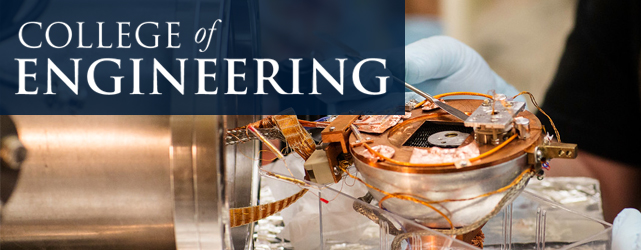Document Type
Article
Journal/Book Title/Conference
Journal of Spacecraft and Rockets
Volume
55
Issue
1
Publisher
American Institute of Aeronautics and Astronautics
Publication Date
7-31-2017
First Page
13
Last Page
26
Abstract
This paper details the advantages of employing modern additive manufacturing methods to fabricate hybrid rocket fuels for intrinsically safe and green small spacecraft propulsion systems. Using additive manufacturing overcomes multiple issues frequently associated with hybrid propulsion, including poor volumetric efficiency, system ignitability, and low fuel regression rates. When certain three-dimensionally printed thermoplastics are subjected to a high-voltage low-wattage charge, electrostatic arcing along the surface pyrolizes a small amount of material that, with the introduction of an oxidizer, “seeds” combustion and produces immediate and reliable ignition. Thermoplastic fuel grains can be printed with port shapes that enhance burn properties and increase volumetric efficiencies. Embedded helical fuel ports significantly increase regression rates. The presented test results from several prototype systems using gaseous oxygen and printed acrylonitrile butadiene styrene demonstrate the various advantages of additive manufacturing, including low-power ignition, regression rate enhancement, and system scalability. The test results from both ambient and vacuum tests of a 25 N flight-weight small spacecraft thruster are presented. Multiple burn tests allowed statistical characterization of ignition timing and burn-to-burn thrust, as well as total impulse consistency. The test results demonstrating specific impulse values exceeding 295 s are presented. When fully developed, this propulsion technology has the potential for “drop-in” replacement of many hydrazine-based propulsion applications.
Recommended Citation
Stephen A. Whitmore. "Three-Dimensional Printing of “Green” Fuels for Low-Cost Small Spacecraft Propulsion Systems", Journal of Spacecraft and Rockets, Vol. 55, No. 1 (2018), pp. 13-26.


